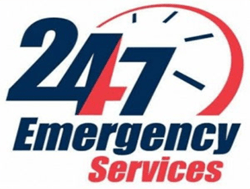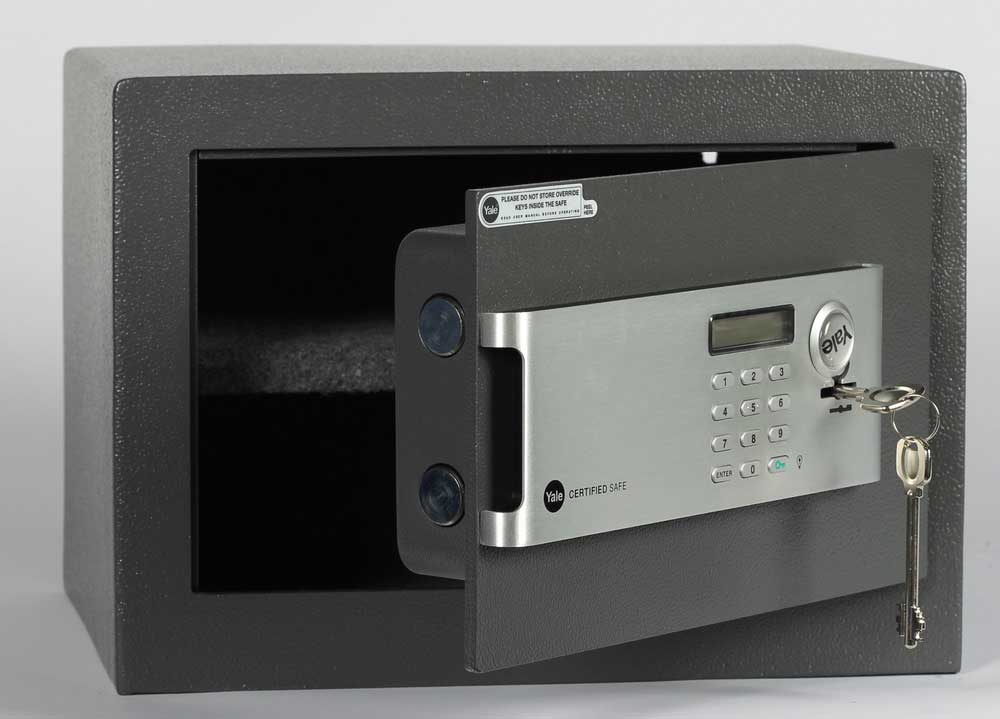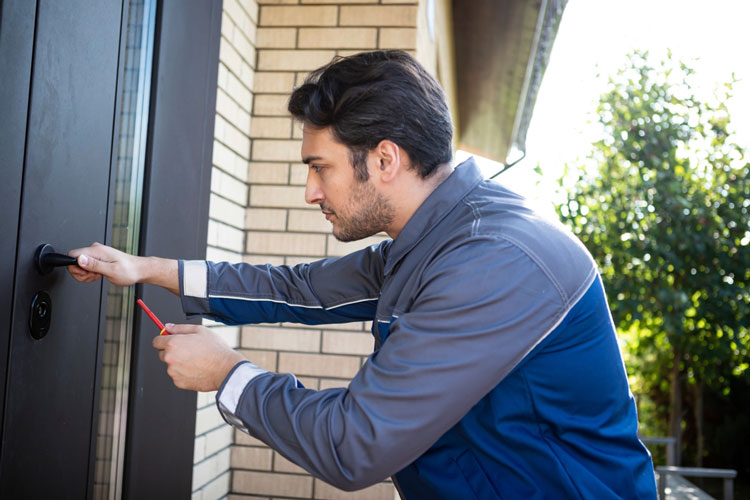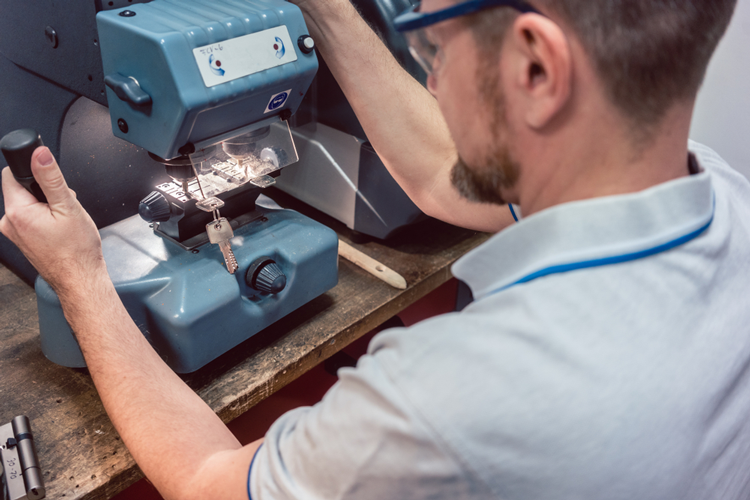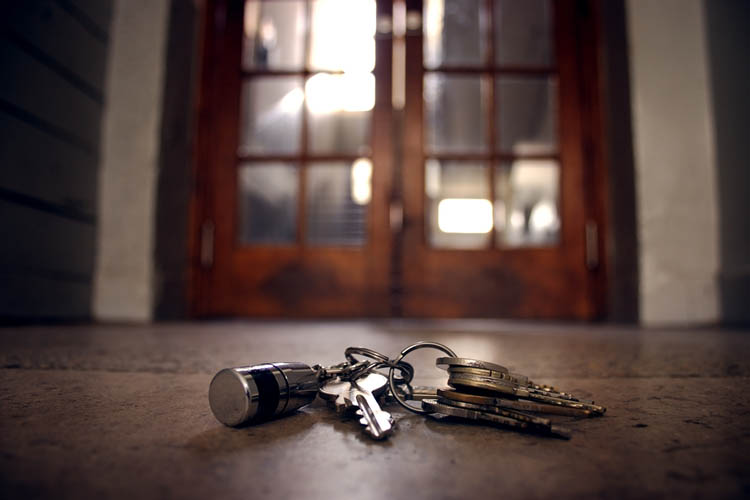Home security is paramount in the minds of homeowners who are considering installing a home safe. If you’ve been researching safes, here are a few more things to consider to help you make the right decision for your security needs.
- Where Should You Hide Your Safe?
Just like old mansions with hidden passageways and secret entrances, your home safe shouldn’t be visible to visitors. Just like a panic room is successful because burglars or home invaders don’t know that it exists, a safe is less likely to be penetrated if no one knows it’s even there.
Consider mounting your safe flush with your walls. You can easily hide it behind a bookshelf or a piece of artwork. Alternately, secure your valuables in a safe that is flush with the floorboards. You can hide your floor safe under a decorative rug or a strategically placed piece of furniture. Most people will not think to look under the floorboards or behind furniture for valuables.
- What Type of Lock Do You Need?
In order to determine what type of lock you want, consider the level of security you need. Huge corporations trust biometric locks in the deepest most secure aspects of their organizations, for a good reason.
Biometrics can be one of the toughest locks to crack because their unique identifiers belong to only you. Therefore, if you need to make sure that only you can access your safe, consider using a biometric lock that requires your fingerprint in order to gain access. However, if you need to allow another person to be authorized to use your safe, you might consider a key, combination, or electronic lock.
- What Size Do You Need?
Do you need to secure loads of expensive inventory that you sell online? Do you need to store passports, heirlooms, or cash? You’ll need to consider the amount and size of your valuables that need to be secured in order to fit everything without damaging your goods.
Luckily like humans, safes can come in small, medium, and large. A small safe is suitable for storing items such as social security cards, passports, and jewelry. Medium sized safes can easily stash emergency cash or long form birth certificates without folding them. Larger safes can store titles, large collectibles, or weapons.
- Who Should Access it?
Who do you want to know about your safe or to be able to open it? Ideally, the fewer people who know about your safe, the better. Friends who know about your safe can brag to other friends, unwittingly putting you at a higher risk of theft.
Therefore, it is best to keep your safe a secret. Also, avoid sharing your code or writing it down where others can easily find it.
- Should You Hire a Locksmith?
Hiring a trusted locksmith is preferable over allowing untrained persons to install your safe. Safes are very heavy. Untrained persons can inadvertently harm walls, floors, and other surfaces.
Alternately, a licensed and insured locksmith has been vetted so that you can trust them to help you properly lock your safe and conceal it. You can also build a relationship with your locksmith and enjoy around-the-clock services like safe repair and safe unlocking.
Why Contact Us?
You never know when you’ll have an emergency. Even if you don’t want to store all of your money at home, having an emergency stash in your home safe can be a lifesaver in the event of a natural disaster or another emergency.
Securing your valuables at home in your concealed safe is a great way to protect your items against criminals, floods, and fires. Call Ben’s Locksmith to install your safe today securely. If you already have a safe but have been locked out, call us 24/7 to unlock your safe. Fill out a contact form here.

